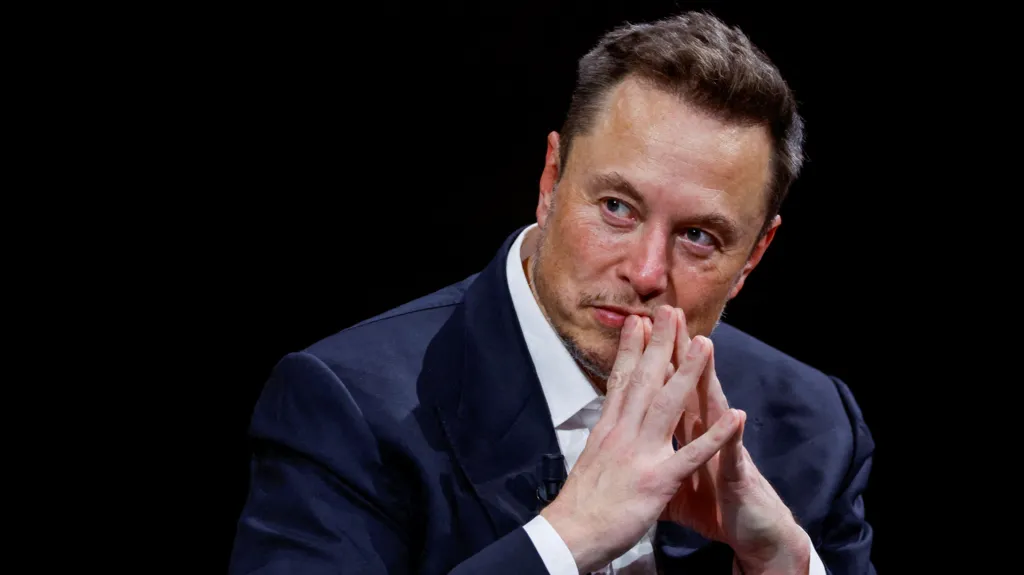Investor Sentiment Shifts Amid U.S. Trade Conflict
The ongoing tariff dispute between the United States and the European Union has entered a critical phase, with the deadline for a resolution set for July 9. As economic tensions grow, international investors appear increasingly hesitant about U.S. markets and are redirecting capital toward Europe—particularly Germany.
Rising European Appeal as U.S. Risks Mount
Germany’s DAX index has gained over 15% this year, while the S&P 500 remains in negative territory. The U.S. dollar has weakened roughly 10% against the euro since Trump took office, further fueling investor interest in European assets. Concerns over the U.S. national debt, which has surpassed $36 trillion—over 120% of GDP—have deepened skepticism about American fiscal management.
Warnings from Economic Institutions
Global financial authorities, including the International Monetary Fund, have raised concerns about America’s growing deficit. At a recent G7 summit, Bundesbank president Joachim Nagel cautioned that the mix of high tariffs, a falling dollar, and rising bond yields could trigger financial instability. He noted the fragility of markets under the weight of U.S. protectionism.
Economic Policy Missteps?
Critics argue that tariffs are a poor remedy for trade deficits. Ralph Ossa, Chief Economist at the World Trade Organization, compared U.S. policy to a consumer attempting to manage personal debt by taxing purchases instead of reducing consumption. Likewise, economist Hans-Werner Sinn remarked that the American lifestyle—heavily reliant on consumption with minimal manufacturing—cannot be sustained indefinitely.
Europe and Germany Gain Favor
Investor interest in Europe has surged. Stefan Wintels, head of Germany’s KfW Development Bank, observed growing enthusiasm for German investments during visits to New York, London, and Zurich. Many institutional investors, already heavily invested in U.S. markets, are diversifying toward Europe—and particularly into Germany.
This trend is mirrored by global financial giants like Blackstone, whose CEO Steve Schwarzman recently announced a $500 billion investment plan in European infrastructure and defense sectors. He highlighted the continent’s evolving priorities as a catalyst for long-term growth.
Germany’s Strategic Positioning
Germany, as the EU’s economic engine, stands to benefit most. With robust manufacturing, increased defense spending, and green energy investment, the country offers a stable alternative to volatile U.S. markets. The shift in sentiment marks a significant reversal; investor confidence in Europe has seldom been this strong in recent decades.
Final Outlook
While Trump’s tariff policies aim to rebalance American trade, they may inadvertently empower Europe’s economic revival. For Germany and the EU, this geopolitical shift represents both a challenge and a rare opportunity.



